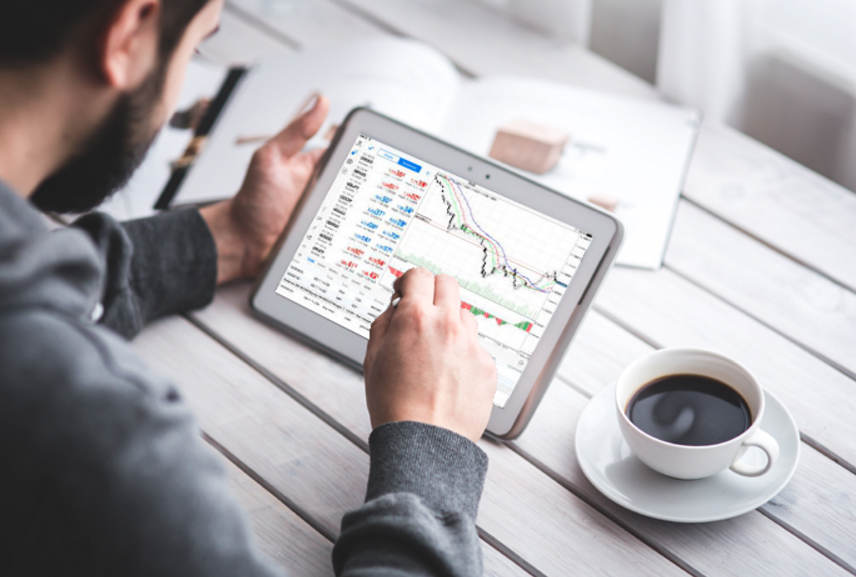
The rise of the smartphone has been somewhat of a revolution and a revelation. Long gone are the days where we were restricted to using our phone for calls and texts, the smartphone has become a tool for life and a pocket office.
A recent OFCOM report contained statistics that show that 66% of adults in the UK now own a smartphone and that 90% of 16 to year olds own one. The report also showed that smartphones have taken over laptops as people’s go-to device for accessing the internet and that 4G is the main factor contributing to the smartphones rise in popularity.
Something that was not touched on in the OFCOM report was the surge in the use of smartphones for business purposes. In a report posted on the Virgin website, Coca Cola GM Ulrik Nehammer is quoted as saying: “Today I run most of my business from my smartphone,” he continued by saying “The most dangerous place to make a decision is within the office.” The second comment is particularly interesting as it infers that we should be working from wherever suits us best, for matters both practical and inspirational.
Entire businesses can now be run using smartphones and nowhere has the smartphone made a bigger impact than in the financial trading marketplace. Online trading platforms have opened up the financial trading markets like never before, once they were only accessible to large institutions and the rich, but not anymore. Companies like CityIndex, offer online trading platforms that anyone can access and here they can trade markets such as the foreign exchange (Forex), commodities and options.
Smartphone technology and the rise of companies offering online trading platforms coupled with the fact that we live in the “easy information” age has prompted many people to become individual traders. Some individual traders see this activity simply as a hobby where they can make, or lose a little money, but some are taking the matter far more seriously and see online trading as a second income stream.
The people who are trading with their smartphones are also using a variety of apps to help them do so. Bloomberg is one such app and epitomises the way we can now access accurate information and news more quickly than ever before. This is, of course, paramount to the trading world as the markets are inextricably linked with world news and economics and the faster a trader can react to breaking news, the more likely they are to make money. Other popular trading tools include Stock Twits and Stock Guru and these type of tools and apps can also help traders make informed decisions about how and when to execute trades.
The most popular market to trade is Forex, the foreign exchange markets are live 24 hours a day and up to $5 trillion worth of currency is traded every day. This means that Forex can be traded at one’s leisure and using a smartphone, can be traded from anywhere in the world that has Wi-Fi or a good 4G signal.
The fast moving world of Forex is also a place where fortunes are made and lost and this is another draw for traders. If traders use reliable trading tools to accumulate information and also have the ability to technically analyse charts, then they stand a good chance of success.
The technical analysis of market charts is something else that can be done using only a smartphone, although, it does require the user to have the underlying knowledge to do so. Learning all about things such as resistance levels and how to track market activity over time are all essential tools needed by traders if they are to trade effectively, as is a strategy.
Having a trading strategy is probably the single most important aspect to trading successfully using a smartphone, tablet or desktop. A trading strategy should take into account factors such as which markets the trader will use, how much risk they are willing to expose themselves to and when they open and close their positions. Traders who don’t have a strategy or do have one, but don’t exercise discipline are rarely able to make a profit from their ventures and are actually more likely to lose money.
So with more independent traders than ever before, it may be poignant to ask whether this trend will continue and whether, in the future, trading will become something most individuals will participate in.
If interest rates continue to stay so low and property prices continue to rise, trading the financial markets may well become the go-to solution for those wanting to see a good return on their savings. Soon we may see a world where trading the markets acts as a second income stream for the majority of households and if that is to be the case then the final question this raises is – how will the markets react?

IntelligentHQ Your New Business Network.
IntelligentHQ is a Business network and an expert source for finance, capital markets and intelligence for thousands of global business professionals, startups, and companies.
We exist at the point of intersection between technology, social media, finance and innovation.
IntelligentHQ leverages innovation and scale of social digital technology, analytics, news and distribution to create an unparalleled, full digital medium and social business network spectrum.
IntelligentHQ is working hard, to become a trusted, and indispensable source of business news and analytics, within financial services and its associated supply chains and ecosystems.









